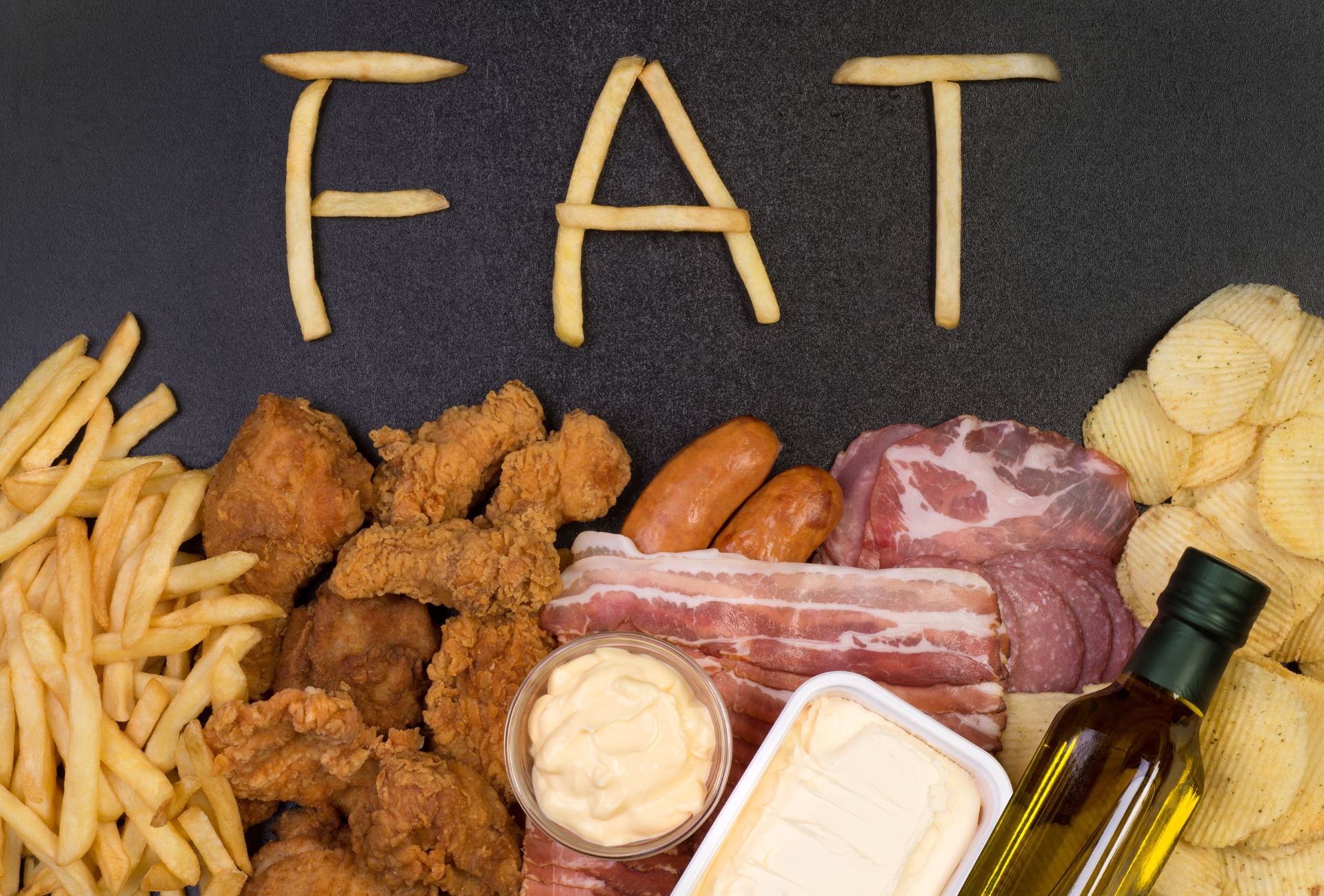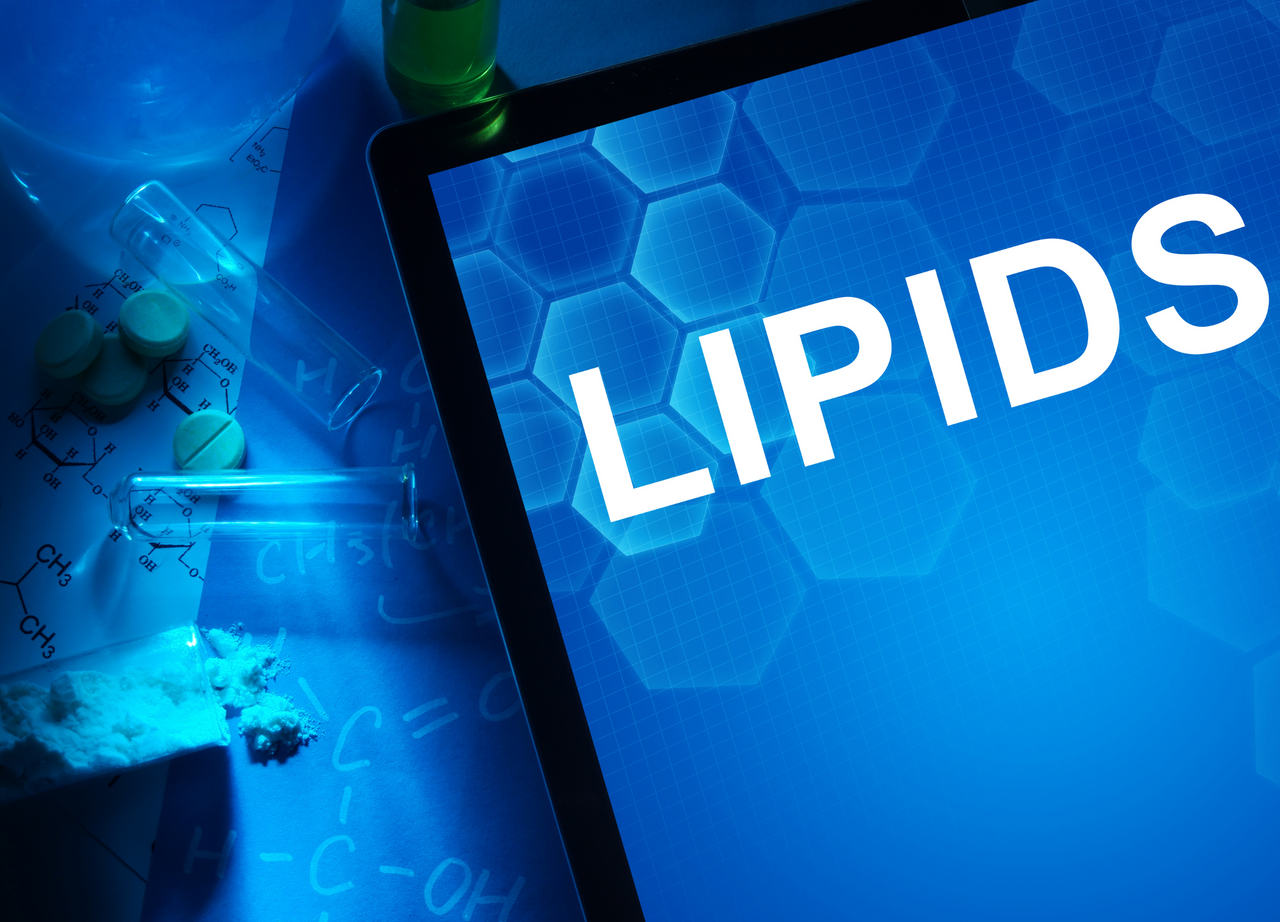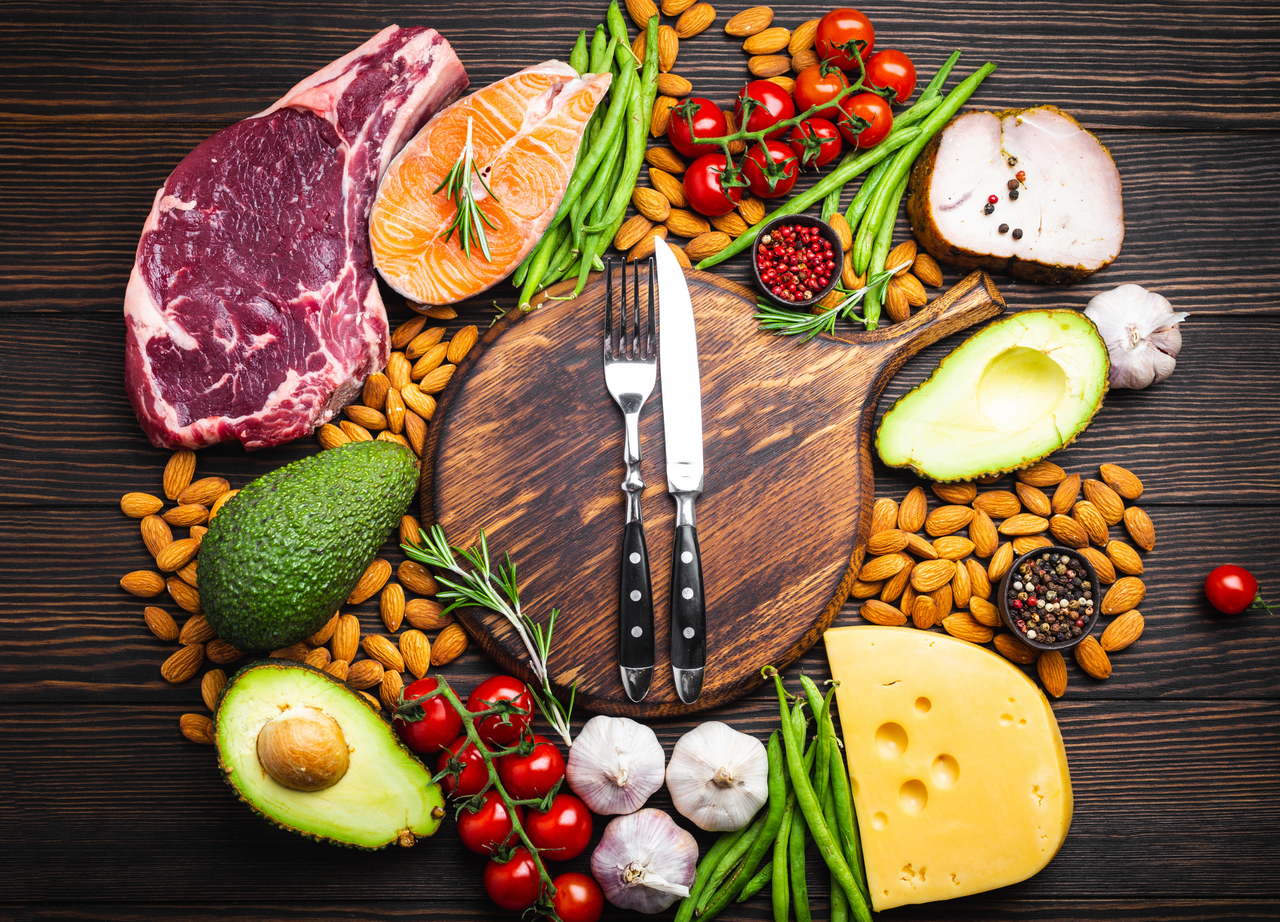The Narrative Shift - Eating Saturated Fat Seems To Be Cool Now
For years we’ve been warned that consuming saturated fat, the type of fat that can be found in meat, cheese, and other dairy foods, can result in heart disease. Instead, we've been advised to eat healthy fats from nuts, seeds, fish, and vegetable oils.
New research now queries that established belief. A recent meta-study of 72 studies found no link between saturated fat and heart disease. The review also showed that monounsaturated fats like those in olive oil, nuts, and avocados don't protect against heart disease.

Government nutrition policies suggest a high carbohydrate diet regardless of the abundant proof of the health risks it facilitates. Yet, chronic diseases and obesity rates have grown in correlation with a smaller intake of dietary fat. The FDA now advocates that peoples’ diets should contain plenty of starchy foods such as rice, bread, pasta, and potatoes, with a dash of saturated fat.
Science Has Moved On From Fear Of Fat
While science has moved on, nutritional advice lags behind. And in a new study, a group of researchers concludes that national dietary advice on fat consumption issued to millions in the 1970s to reduce the risk of heart disease suggested that fat should form no more than 30% of daily food intake lacked any solid trial evidence and shouldn’t have been introduced.
There’s Even Such A Thing As Water Enriched (?) With Fat. Should You Drink It?
A bottle of water mixed with fat, a sweetener, and some flavors. The new beverage follows the craze of people adding large amounts of butter and oil to their coffee in the hopes of losing weight. Water with oil isn’t a weight-loss drink, since each bottle contains almost 2 grams of fat. Rather, the company advertises its product as an alternative to sugary coconut waters and energy drinks.
The manufacturers took a patented process to take purified water and mix in tiny droplets of oil, in this case, medium chain triglycerides (MCTs) derived from coconut oil. The water looks kind of varicolored, and rainbowy. It has these small, imperceptible droplets of fat floating in it. This water can be bought bottled or in a concentrated gel that buyers can mix with water themselves.
It is true that medium-chain triglycerides are digested differently than other fats. Instead of being reserved in the fatty tissue to be utilized for energy later, they’re generally just burned off.
Adding drops of oil to water infused with supplements like beta-carotene, helps our body make use of those nutrients. But improved hydration is not one of the established benefits of MCT emulsions like these.
When asked about it, scientists warn about the lack of research. They’re working on specific studies for these exact formulations.
Not All Fats Are Created Equal, Though
Some fats aren’t good – trans fats, for example, which are mostly artificial – while others, such as monounsaturated fats found in olive oil are seen as having beneficial qualities.
Today, government policies suggest that fats should compose no more than 35% of an individual’s daily calorie intake – and that saturated fat ought to supply less than 11%.
Fat intake in the general population decreased from 36.6% to 33.7% from 1971 to 2006, while the intake of carbohydrates rose from 44.0% to 48.7%. Yet obesity levels have risen.
Fat holds more than twice the calories per gram than carbohydrates. So if you eat a high-fat meal it is more calorific than a high-carb one. But, there is proof to also show that carbohydrates can lead to feelings of increased hunger. A recent study found that eating carbohydrate foods with a high glycemic index can cause a feeling of increased hunger, making one eat more.
Benefits Of Saturated Fat In Your Diet
Replacing vegetable oils with saturated fat can reduce the risk of heart disease
More than likely, you've been offered contrasting advice. Vegetable oils tend to be high in omega-6 linoleic acid, a polyunsaturated fatty acid (PUFA). Though some investigation has shown that substituting saturated fat in the diet lowers LDL cholesterol, the effect of the lower LDL cholesterol hasn't been shown to decrease heart disease risk. In fact, research shows that substituting saturated fats with omega-6 fats raises the risk of heart disease.
It is thought, since PUFAs are more prone to lipid peroxidation, or being attacked by free radicals, that PUFAs actually lead to the development of atherosclerosis. Saturated fats, on the other hand, are very stable and are not oxidized.
Substituting vegetable oils with saturated fat may switch non-alcoholic fatty liver.
About 20% of the population has non-alcoholic fatty liver disease. NAFLD, as the name suggests, is the result of excessive fat in the liver. Some propose fructose intake plays a major role in this disease, but it’s also conceivable that the population’s major dependence on vegetable oils can play a role. Researchers found that replacing PUFAs with medium-chain triglycerides (MCTs) helped reverse the development of NAFLD. Medium-chain triglycerides are prevalent in dairy and coconut fat.
Cooking With Saturated Fats Beats Cooking With Vegetable Oils
When vegetable oils are exposed to higher temperatures, they become oxidized. Sautéing and frying with canola oil, corn oil, soybean oil, and many other vegetable oils are high in omega-6 fats. It’s bad enough to eat them, based on the fact they seem to raise heart disease risk alone. However, cooking with them causes quick oxidation of the fats, creating a lot of free radicals in the food you eat. Butter and coconut oil, or even bacon grease and lard, are far more stable oils to cook with when needed. That said, if you just buy fattier cuts of meat, you don’t need to use as many added oils for cooking, except when sautéing or roasting vegetables.
Bacon, butter, coconut, and fattier cuts of meat add tastiness to meals. Most people find the thighs taste much better, just as whole eggs taste better than egg whites. 85% lean ground beef has more flavor than 90% lean, whole milk is more satisfying than skim milk, and so on. Of course, this attribute is founded a little more on opinion than scientific research, but it seems most people would agree. If you feel happier with the meal you just ate, you’ll be less prone to eat junk later in the day.





